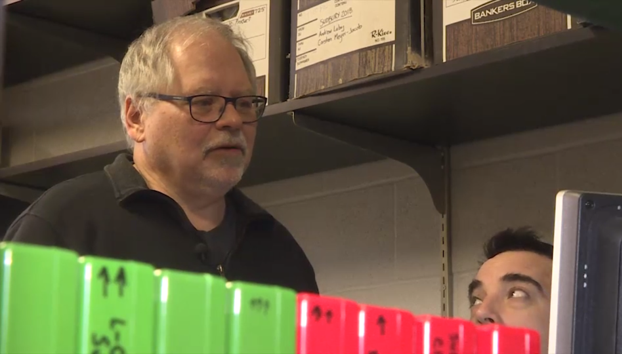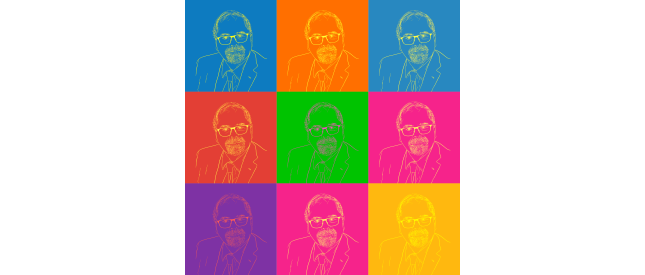“Now what are you doing?” – John P. Smol
We conclude our History of Paleolimnology series by talking to Dr. John Smol about the growth and development of the field over the past few decades. John holds the Canada Research Chair in Environmental Change at Queen’s University, Canada and has a unique perspective on paleolimnology as a founding editor of the Journal of Paleolimnology (JOPL) and former president of the International Paleolimnology Association (IPA).
John should be a familiar name to devoted listeners of the show, as we refer to him quite often as a paleolimnological authority. He has been a faculty member at Queen’s since 1984, and is the founder and co-director of the Paleoecological Environmental Assessment and Research Laboratory (PEARL), a research group of ~40 paleolimnologists. John has extensive peer-reviewed publication (600+) and award records, he is an Officer of the Order of Canada, a Fellow of the Royal Society of London, the current President of the Academy of Science of the Royal Society of Canada, and Adam’s boss.

Prior to the launch of Core Ideas, the top result of an internet search for “paleolimnology podcast” was a 2018 interview with John on CFRC (the Queen’s University campus radio station). Although that discussion provides a great overview of paleolimnology; we were interested in talking about long-term changes within paleolimnology itself. Specifically, observations from someone who witnessed the rapid growth of the field firsthand, as founding editor of the discipline-specific journal and president of its scientific society.
Our conversation covers:
- The state of the field when John first entered in the late-1970s
- Spending an entire startup budget ($3500) on a personal computer
- The polarized nature of the acid rain debates
- How the Journal of Paleolimnology and the Developments in Paleoenvironmental Research (DPER) book series began
- What he considers to be the biggest change in paleolimnology over the years
- How scientists can use their findings to change the world

